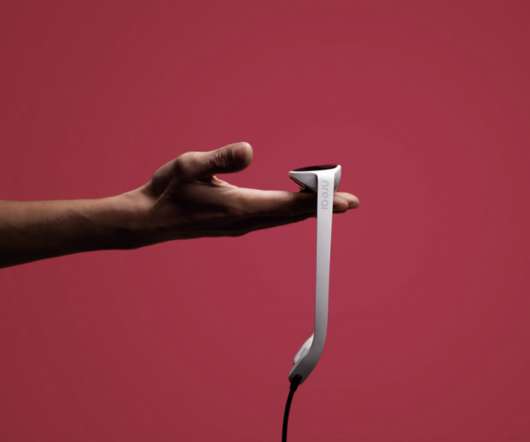Tech Giants Prime AR’s Headworn Era
AR Insider
FEBRUARY 24, 2021
I n 2007, Apple unveiled the iPhone. All the big tech players — Microsoft, Google, Facebook, and Amazon — are in the game as well. Google was the first major technology company to release a head-worn computer when it introduced Google Glass in 2013. Google paused Glass in 2015 and rejiggered it for business users.












Let's personalize your content